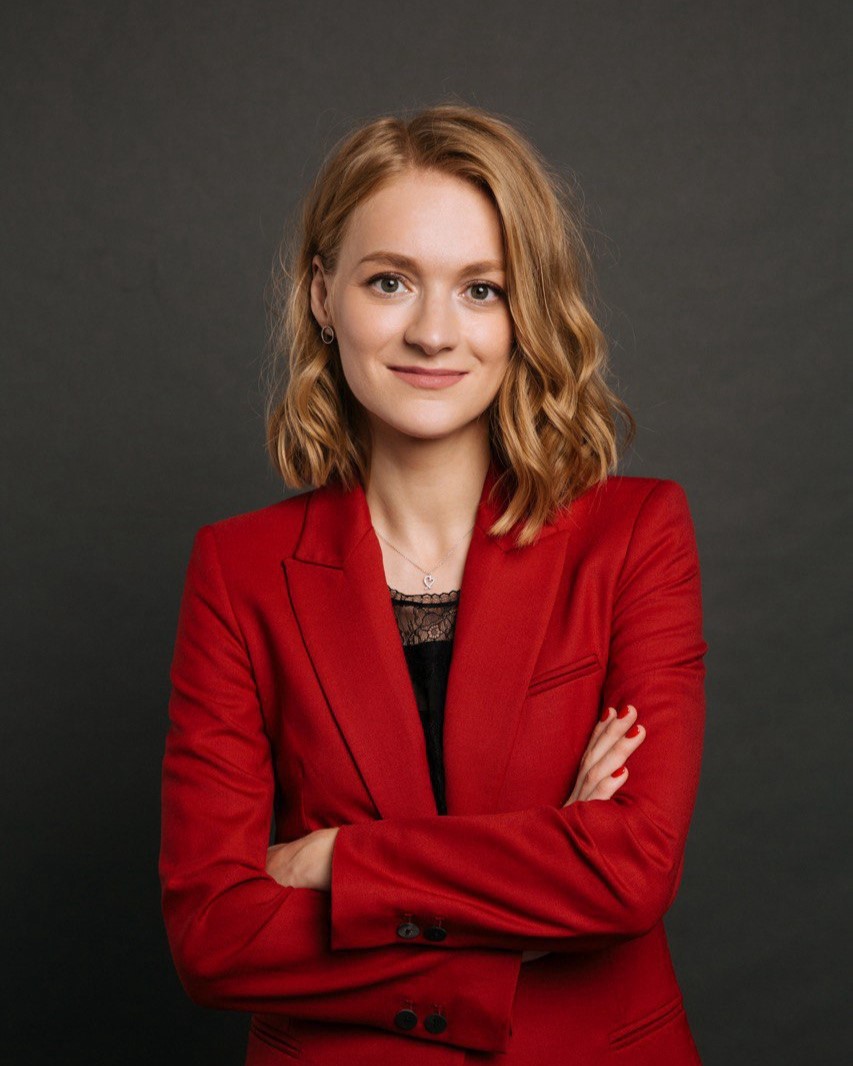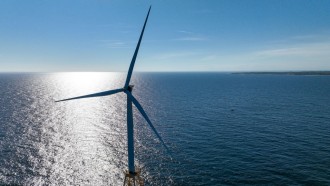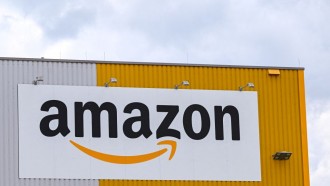
Daria has been working in the field of sustainable development for 8 years. She started her career in Moscow and now holds the position of Project Manager in the New York office of a leading consulting company.
Daria Magu is an experienced specialist who helps companies from Europe and USA to develop and implement strategies in sustainability in the most effective way possible.
In this interview, Daria shares what influenced her choice of direction and helped her achieve success.
Daria, do tell us why you chose this field. How did your career path begin?
Sustainability, despite its slow adoption in Russia, has always been at the forefront of my attention. I enjoy tackling complex challenges related to optimizing production processes and developing new strategies. The opportunity to influence the future of the industry by finding a balance between economic efficiency and environmental responsibility brings me genuine satisfaction.
My career started in 2012 at Honeywell, where I developed economic models for the oil and gas industry, including some of the largest oil refineries in Russia. The job allowed me to put the knowledge and skills I acquired during my studies at MIPT into practice, which was a key factor in choosing this field.
In 2016, I was invited to join Aspen Technology, where I implemented production and scheduling systems at oil refineries. That was also when I first interacted with European and Korean enterprises, whose sustainability goals were much more ambitious than those in Russia. While working with the global team, I became one of the key engineers developing models for new production processes, including the production of renewable fuels.
How did you get into your current company? What is your role now?
Gaining experience in two large companies, I realized that I was ready to share my knowledge with others, and consulting had long interested me. After six months of preparation, a problem-solving test, and six interviews, I was invited to work as a Senior Business Analyst in the company's Moscow office in 2019.
Two years later, I was promoted to the position of Associate, skipping the Fellow Associate level. After several successful projects, I was also invited to work on strategic projects in Finland and Germany. Negotiating my departure was challenging, as consultants were also highly needed in the Russian office, but with the support of partners and my previous experience, everything worked out.
In 2022, I worked in Kazakhstan for a month before transferring to the New York office, where I am currently employed as a Project Manager. Here, I develop sustainability strategies for chemical companies, as well as assign tasks, manage teams and communicate with clients.
What difficulties did you face when moving to the USA?
Fortunately, the company helped me with both relocating and adapting to the new place, however, it was still overwhelming. Then, I had mixed feelings: from excitement about new opportunities to anxiety about the unknown.
The hardest part was establishing myself as a top-notch consultant, as no one in the U.S. knew me as well as they did in Europe. I also discovered that in New York, everyone works much faster, so I had to adjust to the new pace and make decisions quickly.
Another challenge was to embrace a different language and culture. In the U.S., people love small talk, which we in Russia are not used to. I had to learn to be more diplomatic and to express my thoughts more subtly. Additionally, while my language skills allow me to work freely, they do not make me as eloquent as my colleagues. They can chat about anything and everything, easily filling pauses in conversations with clients—something I still find difficult.
What is the main difference between the Russian and American markets?
To start, the U.S. market is larger and more diverse. This abundance of companies creates both high competition and growth opportunities. Even startups here can afford consulting services, whereas, in Russia, we mainly worked with market giants.
Moreover, in the U.S., companies have made significant strides in sustainable development (though not as extensively as in Europe) and expect more advanced solutions. In Russia, often even the most basic changes were considered a significant leap. Now it is vital for me to find a balance between innovation and operational efficiency in order to satisfy clients.
In the U.S., I work on strategically important and large-scale challenges for bigger and more diverse clients. Being part of a multinational team enriches my professional perspective and helps improve my cross-cultural communication skills. The peculiarities of my colleagues are already becoming routine and normal for me.
What has been your most successful project?
In Finland, I worked with one of the largest European producers of renewable fuels. Our task was to decide whether to close a refinery that could not cope with Europe's increasing regulatory pressure to reduce carbon emissions by 2035.
As a result, we developed three strategies with multiple regulatory scenarios, calculated the economic impact, and determined what to do with each process unit: shut it down or convert it to produce fuels from renewable feedstocks such as agricultural residues. We had to develop these ideas from scratch in collaboration with the client, which fostered creative thinking and an innovative approach to problem-solving.
What skills help you to lead projects and manage a team successfully?
In my view, combining hard and soft skills is crucial. On the one hand, deep technical knowledge and analytical abilities are necessary for structuring projects and developing detailed plans. On the other, it is important to be a caring people leader and show empathy towards team members.
I try to remember that I was recently an Associate myself and felt the same emotions as my subordinates—this helps me to understand and support them better during difficult times.
Besides managing the team, it is essential to build trustful relationships with clients, adapt their requirements to reality, and find solutions that satisfy everyone. A manager must juggle the interests of clients, partners, and the team—this is a challenging but also the most exciting role in the company.
What advice would you give to professionals who want to work in sustainability in chemical companies?
Start by studying theory and gaining fundamental knowledge in the industry. A strong foundation in technical and analytical disciplines will be an advantage, and a background in physics, chemistry, engineering, or sustainable development will give you confidence in the job.
Additionally, strive to gain international experience—it will broaden your horizons, help you see global trends, and adopt best practices. You will also enhance your cross-cultural communication skills, which are crucial in the modern business environment.
Finally, be prepared to constantly learn and adapt. Sustainability is a rapidly changing field that requires regular updates of knowledge and skills. Do keep up with current technologies and trends, participate in professional communities and do not be afraid to try new things. Set ambitious goals for yourself and never settle for less.
* This is a contributed article and this content does not necessarily represent the views of techtimes.com





